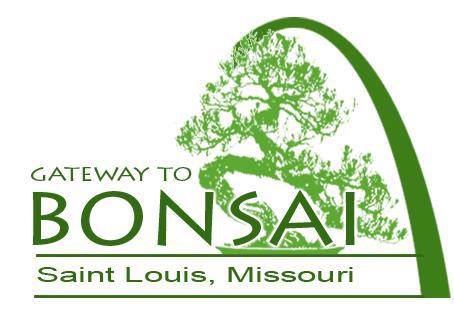Thursday, February 1, 4:00 pm – 5:00 pm – Landscape Maintenance Practices for Native Bees
Pollinators (including honey bees, native bees, birds, bats, butterflies, and other species) are essential to healthy ecosystems. Pollinators support the success and vigor of flowering plants, making ecosystems stronger, more resilient, and enhancing the environment for human populations. Decades of stressors (including the loss, degradation, and fragmentation of habitat, reduction in the number and quality of food sources, reduction in the availability of sites for breeding, nesting, and roosting, and improper use of pesticides and herbicides) have severely and adversely altered the health and numbers of pollinator populations.
Landscaping can be a powerful tool to help our pollinators. Equally important to creating pollinator habitat is the maintenance that follows. Pollinator habitats require a maintenance approach that may differ from conventional landscape efforts. Maintenance practices should be carefully considered in order to support the needs of the pollinators. To avoid potential conflicts between the needs of the pollinators and conventional aesthetic, education is key to setting expectations. For example, plants in a garden or habitat designed to promote pollinator health and food for caterpillars and other larvae are expected (and encouraged) to tolerate insect damage to plant leaves. In this Ecological Landscape Alliance webinar on Thursday, February 1 at 4 pm, Sam Droege will discuss pollinator-friendly maintenance strategies including proper timing for garden clean-up, cut-backs, and pruning, protecting pollinator habitats from disturbances and stressors such as pesticide use, establishing appropriate mowing practices, and more.
Sam Droege is a Wildlife Biologist at the U.S. Geological Survey Patuxent Wildlife Research Center. He has been spent most of his career at the USGS Patuxent Wildlife Research Center. He has coordinated the North American Breeding Bird Survey Program, developed the North American Amphibian Monitoring Program, the BioBlitz, Cricket Crawl, and FrogwatchUSA programs and worked on the design and evaluation of monitoring programs. Currently he is developing an inventory and monitoring program for native bees, online identification guides for North American bees at www.discoverlife.org, and with Jessica Zelt reviving the North American Bird Phenology Program. His group maintains high resolution photographs of insects an other macro natural history objects at: http://www.flickr.com/photos/usgsbiml/. Sam is also the author of Bees: An Up-Close Look at Pollinators Around the World. He holds a B.S. from University of Maryland and an M.S. from State University of New York – Syracuse. Free for ELA members, $10 for nonmembers. Sign up at http://www.ecolandscaping.org/event/landscape-maintenance-practices-native-bees/


